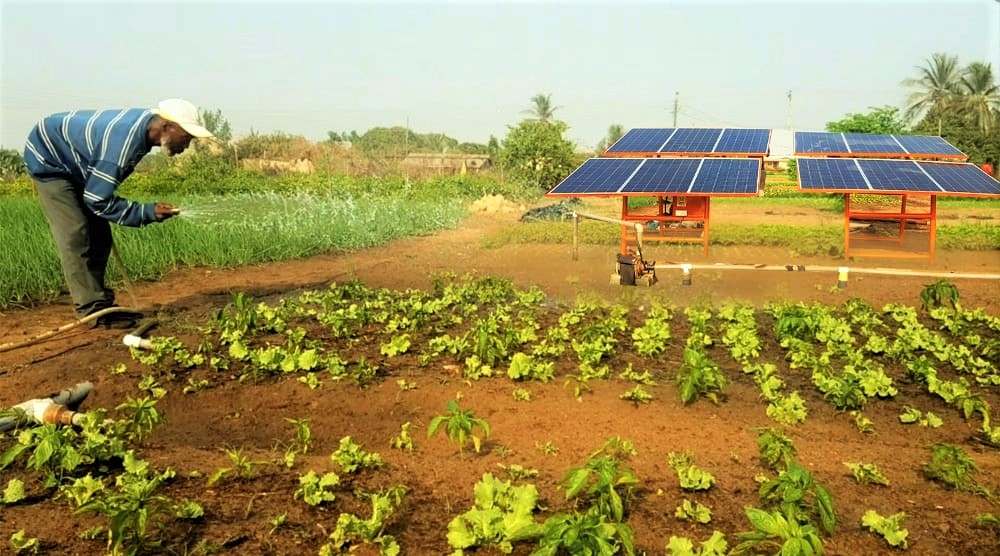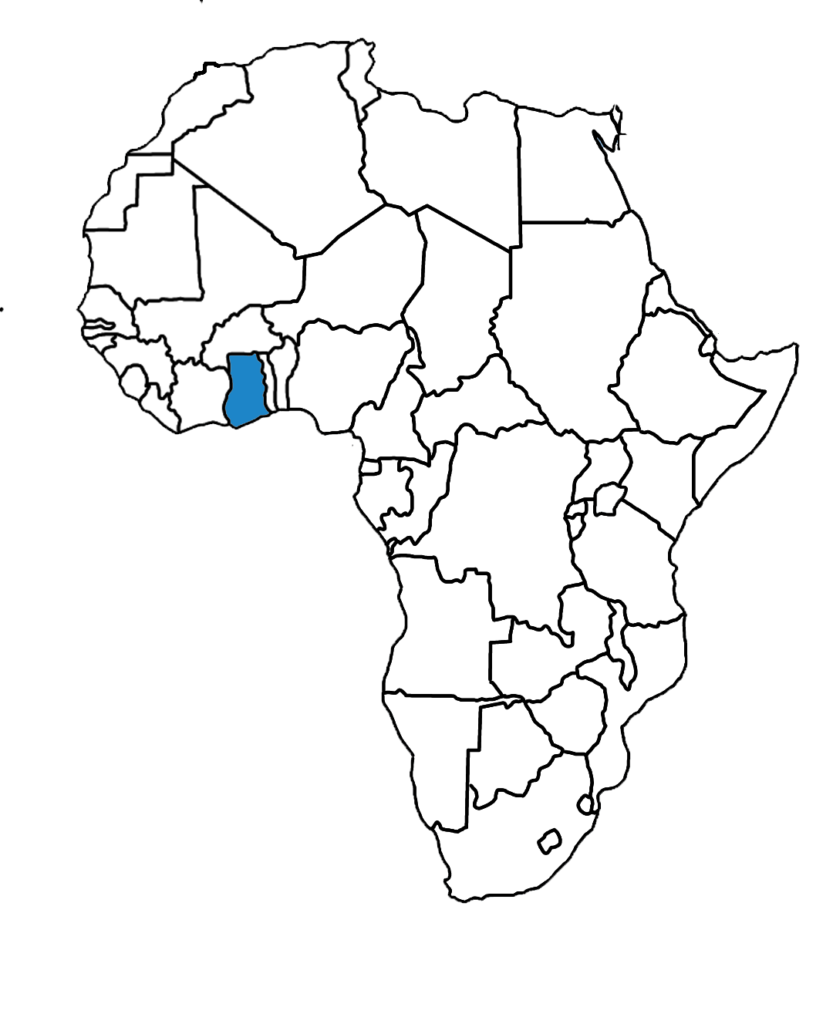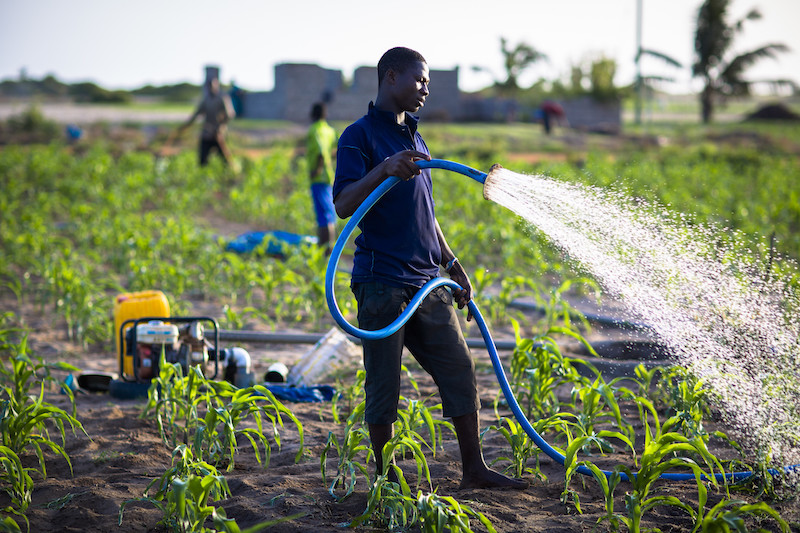In Ghana, ILSSI works to break down barriers that hamper the expansion of small scale irrigation, including labor-intensive practices, lack of affordable credit, and underdeveloped technology supply chains.
Opportunities
The potential for expanding the use of small scale irrigation in Ghana is high. Around 211,000 hectares are economically and biophysically suitable for small scale irrigation, and the available water resources can meet irrigation water requirement in most (~68 percent) of the suitable areas.
Almost 700,000 smallholder farmers can directly benefit from smallholder irrigation, with advantages including higher dietary diversity for irrigating households and increased incomes. The net profit potentially available directly to farmers is $285,000,000 per year.
DOWNLOAD: Fact sheet on ILSSI activities in Ghana
Challenges
Irrigation already plays a role in agriculture in Ghana, but it is not sufficiently used to dramatically improve nutrition or livelihoods. To achieve the full potential of irrigation, practices must become less labor intensive, farmers need access to affordable credit, and women, youth, and resource-poor farmers must gain greater access to irrigation benefits and technologies.


Contributing to solutions
Technology supply
To boost the supply of irrigation technologies, such as motorized and solar-powered pumps, ILSSI collaborates with private sector partners, particularly those with an interest in frontier markets in Ghana and sub-Saharan Africa. The goal is to chart out paths that link technology supply to commercialized irrigated value chains.
Environmental and social resilience
If poorly planned, small scale irrigation could threaten smallholders’ resilience. In response to the growing climate change risks, ILSSI will study the links between agricultural intensification, climate variability, and resilience. ILSSI will also work with targeted communities to improve participatory groundwater governance to better manage social and environmental risks.
Inclusive irrigation
To empower women and increase their access to irrigation, ILSSI will adapt its small scale irrigation gender guidance and toolkit and share it with private sector actors and other decision makers. ILSSI will also test and scale business models that can increase young entrepreneurs’ access to irrigation-related businesses.
Publications and additional resources
- 2023 ILSSI Annual Report – GHANA
- Small Scale Irrigation Dialogue Space: Understanding the scalability of solar-powered irrigation in Ghana: market segmentation and mapping pump suitability
- Smallholder irrigation technology diffusion in Ghana: Insights from stakeholder mapping
- Economic and food security effects of small-scale irrigation technologies in northern Ghana
- Effect of climate change on land suitability for surface irrigation and irrigation potential of the shallow groundwater in Ghana
- What does empowerment mean to women in northern Ghana? Insights from research around a small-scale irrigation intervention
- Irrigation-nutrition linkages: Evidence from northern Ghana
- Multi-stakeholder dialogue space on farmer-led irrigation development in Ghana: an instrument driving systemic change with private sector initiatives
Project partners
ILSSI is led by Texas A&M University, with the International Water Management Institute (IWMI) and the International Livestock Research Institute (ILRI), the International Food Policy Research Institute (IFPRI), the Kwame Nkrumah University of Science & Technology (KNUST), and the University of Ghana.



